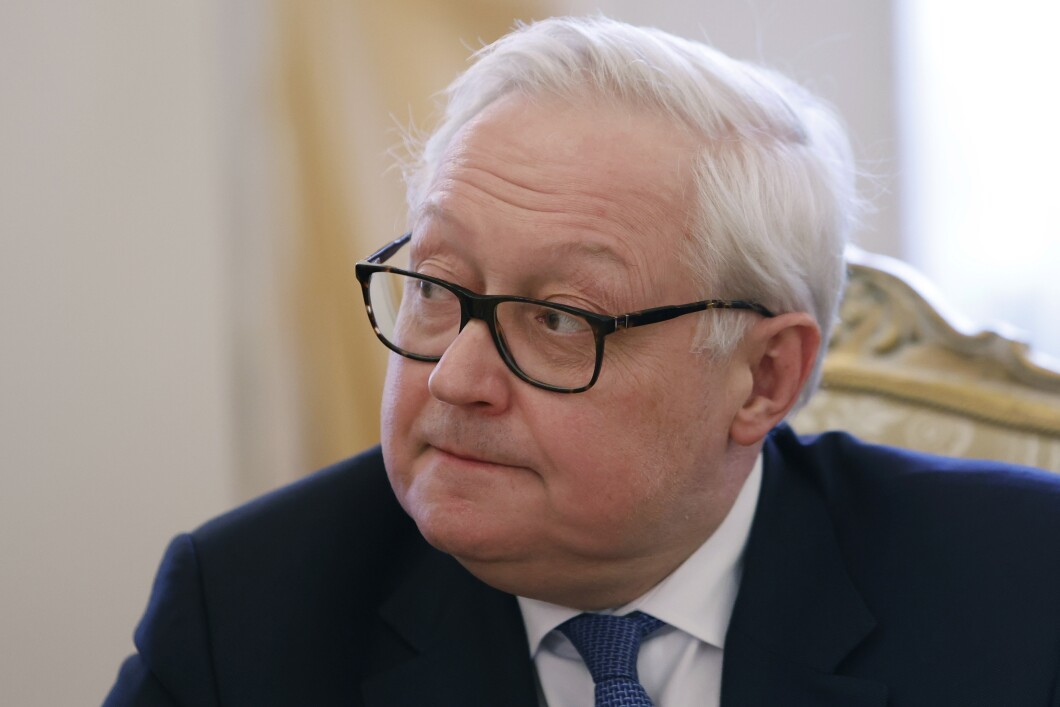
Russian leaders have stated the country would be willing to return to the last remaining nuclear arms control treaty with the United States under the condition that the U.S. overhaul some of its policies.
The statement comes amid Russia’s claim that its decision to leave the treaty is “unshakable,” according to a report by Russian state newswire Ria Novosti, with a translation provided by Politico.
FACEBOOK BLOCKS NEWS FOR SOME AS IT SEEKS TO FEND OFF CANADIAN JOURNALISM BILL
“Our decision to suspend the START Treaty is unshakable,” said Ryabkov. “Our own condition for the return to the full functioning of the treaty is the U.S. abandoning its fundamentally hostile policy towards Russia.”

The New START Treaty deal limits the amount of intercontinental ballistic missiles and nuclear warheads that the U.S. or Russia can deploy, and went into effect in 2011. Earlier this year, Russian President Vladimir Putin announced he was suspending his country’s participation in the deal, though the country did not withdraw from the deal altogether.
On Friday, national security adviser Jake Sullivan laid out the Biden administration’s stance on how to engage with Russia and China on nuclear arms control during an appearance at the 2023 Arms Control Association annual meeting. Russia’s willingness to adhere to the treaty’s central limits, despite pulling out, shows “a potential willingness to continue limiting strategic nuclear forces through 2026,” Sullivan said.
“First, update our deterrence capabilities and plans, and second, advance new arms control and risk reduction measures,” Sullivan said. “These are two sides of the same proverbial nuclear coin. Responsibly enhancing our deterrent capabilities allows us to negotiate arms control from a position of strength and confidence, and new arms control helps limit and shape our adversaries’ decisions on nuclear capabilities.”
However, while Russia is “threatening to walk away from the negotiating table,” China has so far chosen to not “come to the table for substantive dialogue on arms control.” The country is also not sharing the size of its nuclear forces with the U.S., Sullivan explained.
CLICK HERE TO READ MORE FROM THE WASHINGTON EXAMINER
“By 2035, the PRC is on track to have as many as 1,500 nuclear warheads, one of the largest peacetime nuclear buildups in history,” Sullivan said.
The U.S. is willing to pursue these negotiations without “preconditions,” he added, explaining that it “does not mean without accountability. We’ll still hold nuclear powers accountable for reckless behavior, and it will still hold our adversaries and competitors responsible for upholding nuclear agreements.”





